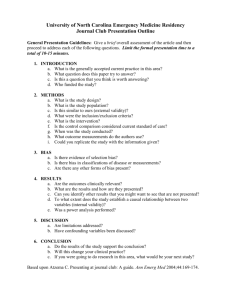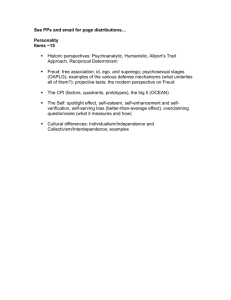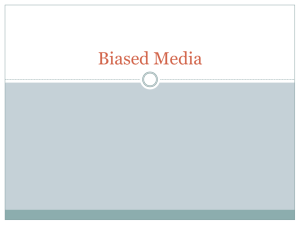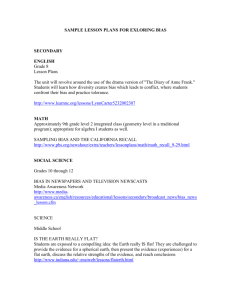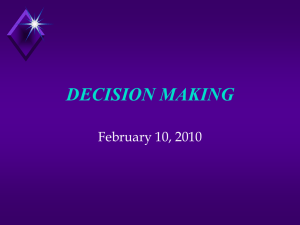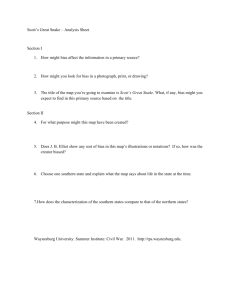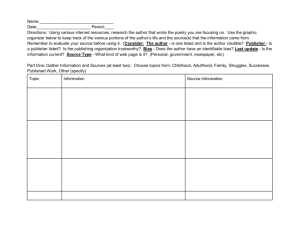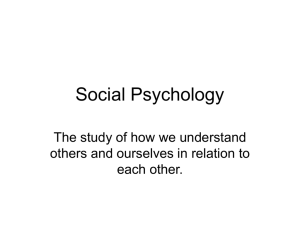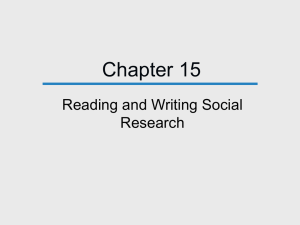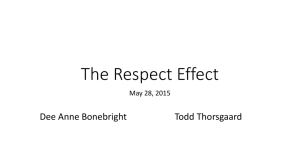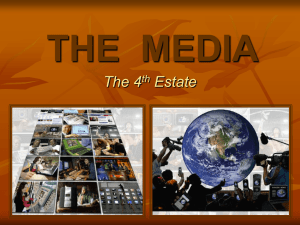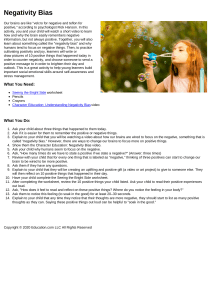Media - MavDISK
advertisement
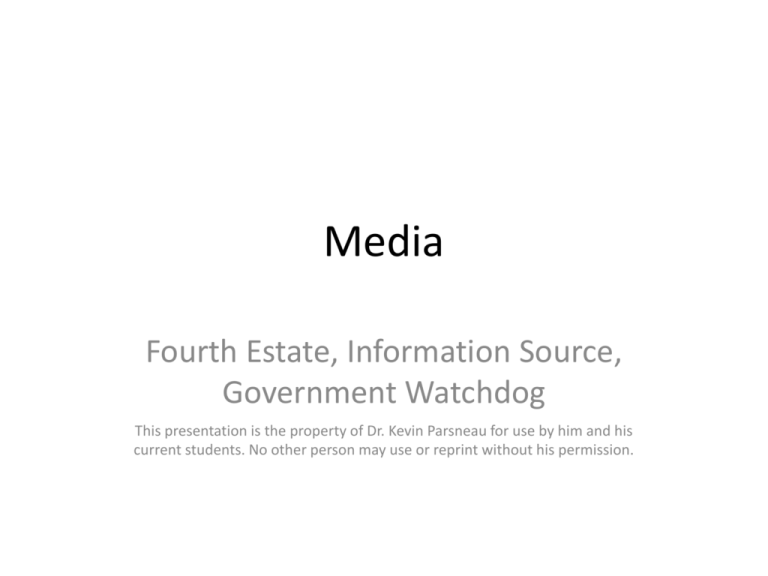
Media Fourth Estate, Information Source, Government Watchdog This presentation is the property of Dr. Kevin Parsneau for use by him and his current students. No other person may use or reprint without his permission. Media and Democracy • What is the media and its role in democracy? • How does the government regulate the media? • How does the media affect public opinion? • What are the major trends in media coverage? • How is the media biased? Main Media Sources • Newspapers • Radio • Television – The Days of the “Big 3” – Cable • Internet – Reliability – News niches Government and the Media • • • • • Equal Time Rule Reasonable Access Rule Right of Rebuttal Fairness Doctrine F.C.C. (Federal Communications Commission) Media Effects • Hypodermic Effect? • Agenda setting—which issues are most important. • Priming—which issues to consider when making evaluations. • Framing—the ways to consider issues. Media Trends • • • • • • • • Television is king Nationalization of news Centrality of the President Less investigative reporting Demise of Newspapers Sound bites Oversimplify “Horse Race” coverage Is the media biased? If so, in what ways? Is it too far left? Is it too far right? Media Bias Considerations • Political Science has had a difficult time identifying a systematic ideological distortion in overall news coverage. • Challenges to finding bias… • Some findings – Reporters – Editors – Ownership – Bipartisanship Other Biases • • • • • Status Quo Bias Foreign affairs Negativity Commercial Bias Infotainment Other Biases • • • • • Status Quo Bias Foreign affairs Negativity Commercial Bias Infotainment Final Thoughts • Media as a watchdog of government and an important way of experiencing politics • Government has some regulations on the media, but mostly broadcast media • Media effects– agenda setting, priming, framing • Nationalization and oversimplification • Media bias is not what you might think
